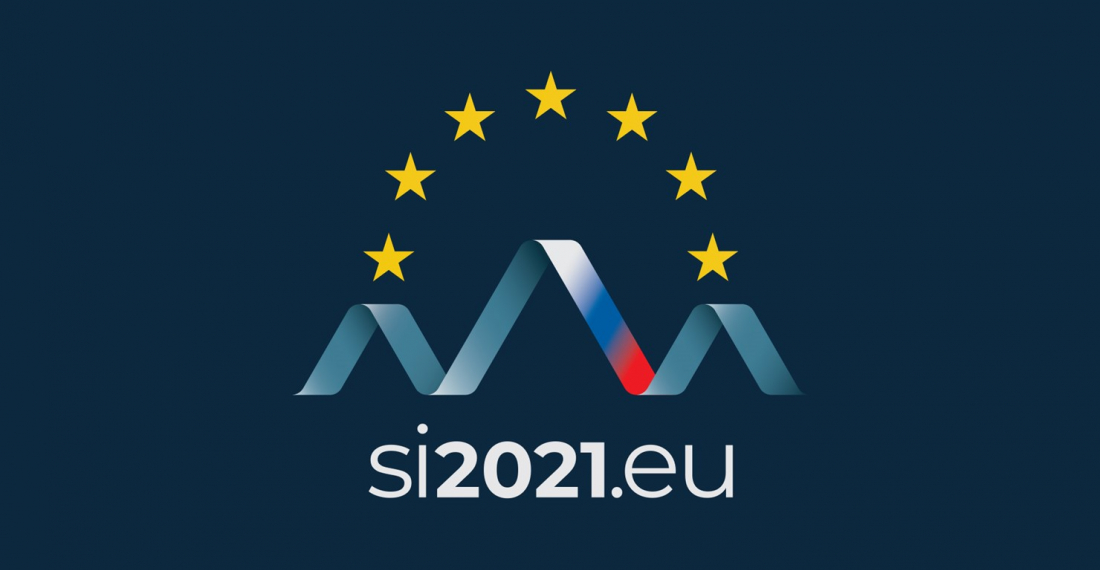Slovenia took over today (1 July) the six-month rotating presidency of the European Union. The country takes over the EU Presidency from Portugal. This is the second time Slovenia holds the EU presidency since it joined the European Union in 2004. It held the presidency the first time in 2008. The Presidency of the European Union changes every six months.
Four priorities will be central to the Slovenian Presidency. First, Slovenia wants to commit to the further development of a European Health Union. Secondly, the country expresses the ambition to improve the position of the European rule of law, but with respect for national traditions and constitutions. The third Slovenian priority is to shift the geographical focus of the EU to the Western Balkans. In this way, Slovenia hopes to strengthen European relations with its Balkan neighbours. Finally, Ljubljana will be actively involved in the further progress of the Conference on the Future of Europe.
Despite these ambitions, there is also criticism from home and abroad. Slovenian democracy, and in particular the independence of the press, is under political pressure. Prime Minister Janez Janša’s administration has suspended funding for the National News Agency’s, made political appointments to the public broadcaster and allowed Hungarian investors to buy shares in the Slovenian state media.






